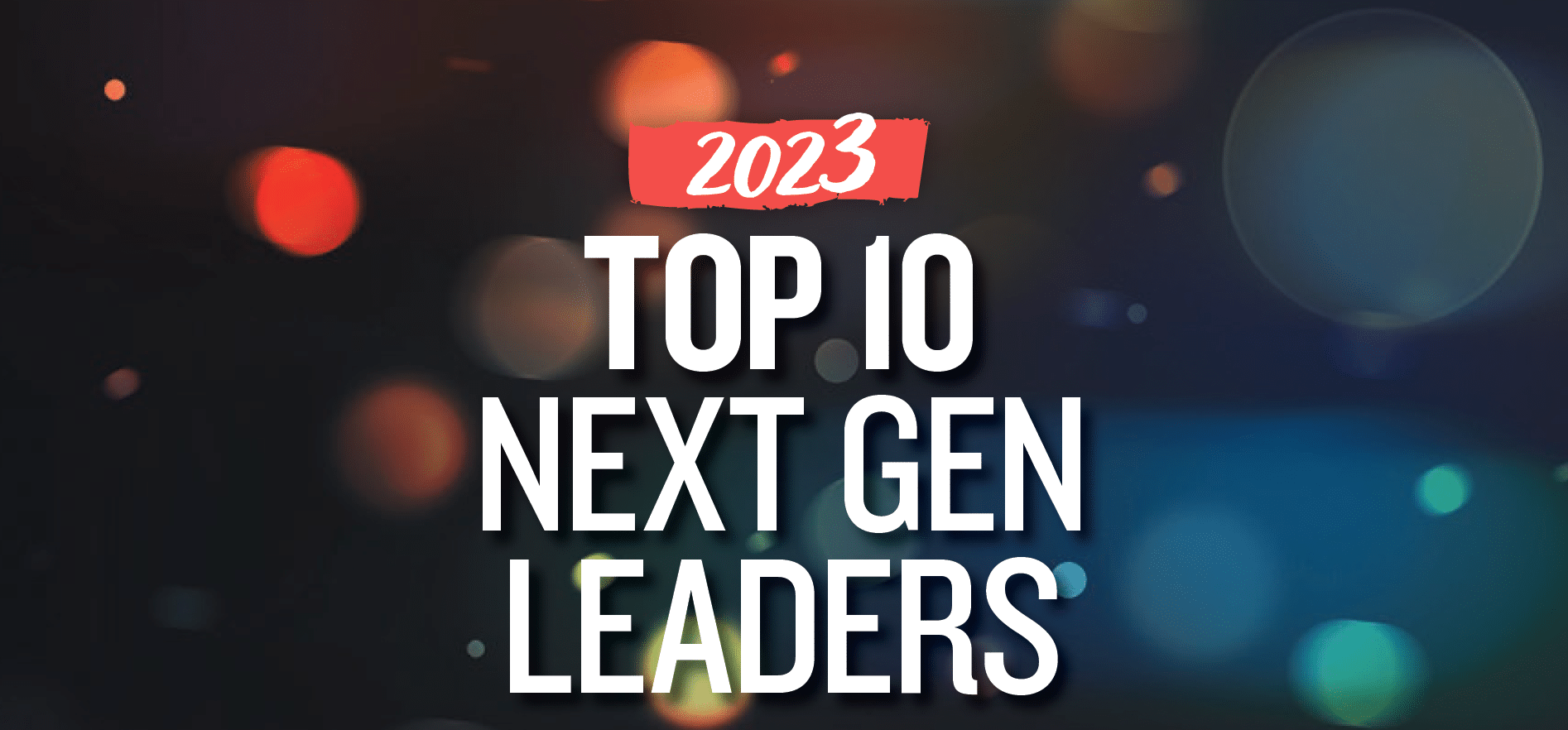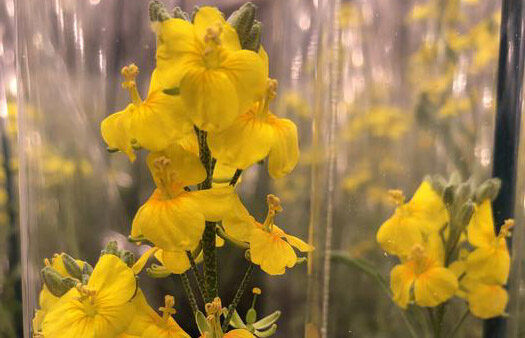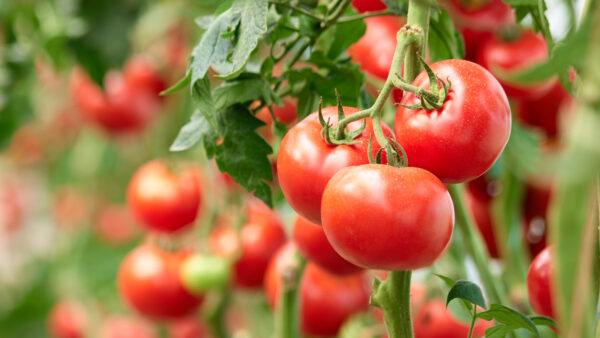For the fourth year in a row, Seed World asked for nominations for top leaders in the industry who showcase a drive for bettering the global seed industry. We were delighted with the many nominations we received and challenged to select the very best from among them. We’re excited to, over the coming week, introduce you to an outstanding group of dynamic and passionate young people: our Top 10 Next Gen Leaders for 2023. The leaders come from a range of businesses — from multinationals to associations to independent companies. Not only that, but this year’s Next Gen winners also come from various backgrounds, ranging from marketing to seed production to breeding. But they all have one goal in common: leading the seed industry to the future.
Ten leaders are shaping the seed industry in new and exciting ways across the globe — from the U.S. to Canada to India to Uruguay. Learn more about the changes they’re making as they step forward in their leadership roles.
Read part one.
Erin Doughtie
Born in Austin, Texas, a generation removed from her family’s farm due to the Dust Bowl, Erin Doughtie practiced her passion for helping people by interning for refugee resettlement organizations during her undergraduate studies in International Relations. During one of these internships she helped support female refugees from over 12 countries operating a community garden space to produce extra food and improve their English skills, and she identified the wide impact agriculture can have, especially on smallholder farmers across the globe.
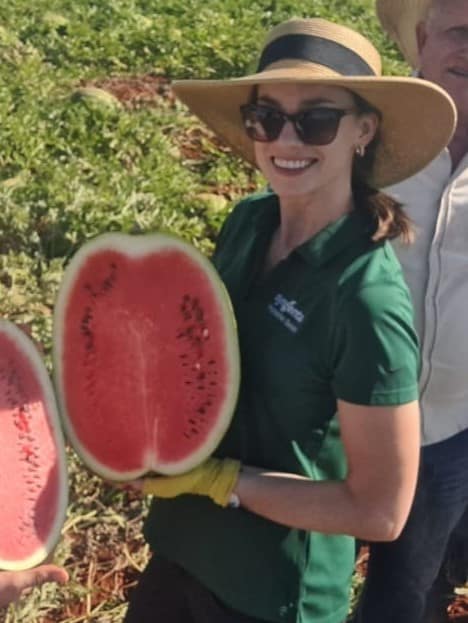
From there, Doughtie received a master’s in Agricultural Science & Development and studied Agronomy at the doctoral level, and eventually undertook MBA studies during COVID-19 through the University of Nebraska.
“In my first year, I experienced my first marketing course, and everything immediately clicked,” Doughtie, now Syngenta Vegetable Seed’s Americas Regional Vegetable Seeds Portfolio Lead – Watermelon, says. “This is what I needed to do within the agriculture industry.”
Since then, Doughtie has been able to share messages about agriculture and its impacts on the world — even on popular television programs such as the CBS Sunday Morning Show, where she talked about the history, evolution and production of mini and seedless watermelon.
“These days, many people don’t understand what a complex operation it is not only to breed new varieties but to grow, transport, sell and prepare fresh produce to be in near year-round supply on grocery store shelves,” she says. “We also discussed the continuing trend of consumers preferring smaller and smaller watermelons due to changes in family size and household composition, as well as concerns about food waste.”
The secret to communicating? Doughtie says it’s a team effort to get the best message across.
“Though I’m responsible for collecting and interpreting this market feedback and then communicating it in a clear way to our internal team and external stakeholders, it truly is a team effort to ensure that we’re communicating effectively,” she says.
Cher Gillson
While farming and agriculture wasn’t the industry she expected she’d find her passion, Cher Gillson says an opportunity uniquely presented itself. When her mentor, Jack Joyce, founder of Rogue Ales, assigned her to marketing their hop farm, Gillson says she was thrown outside her comfort zone.
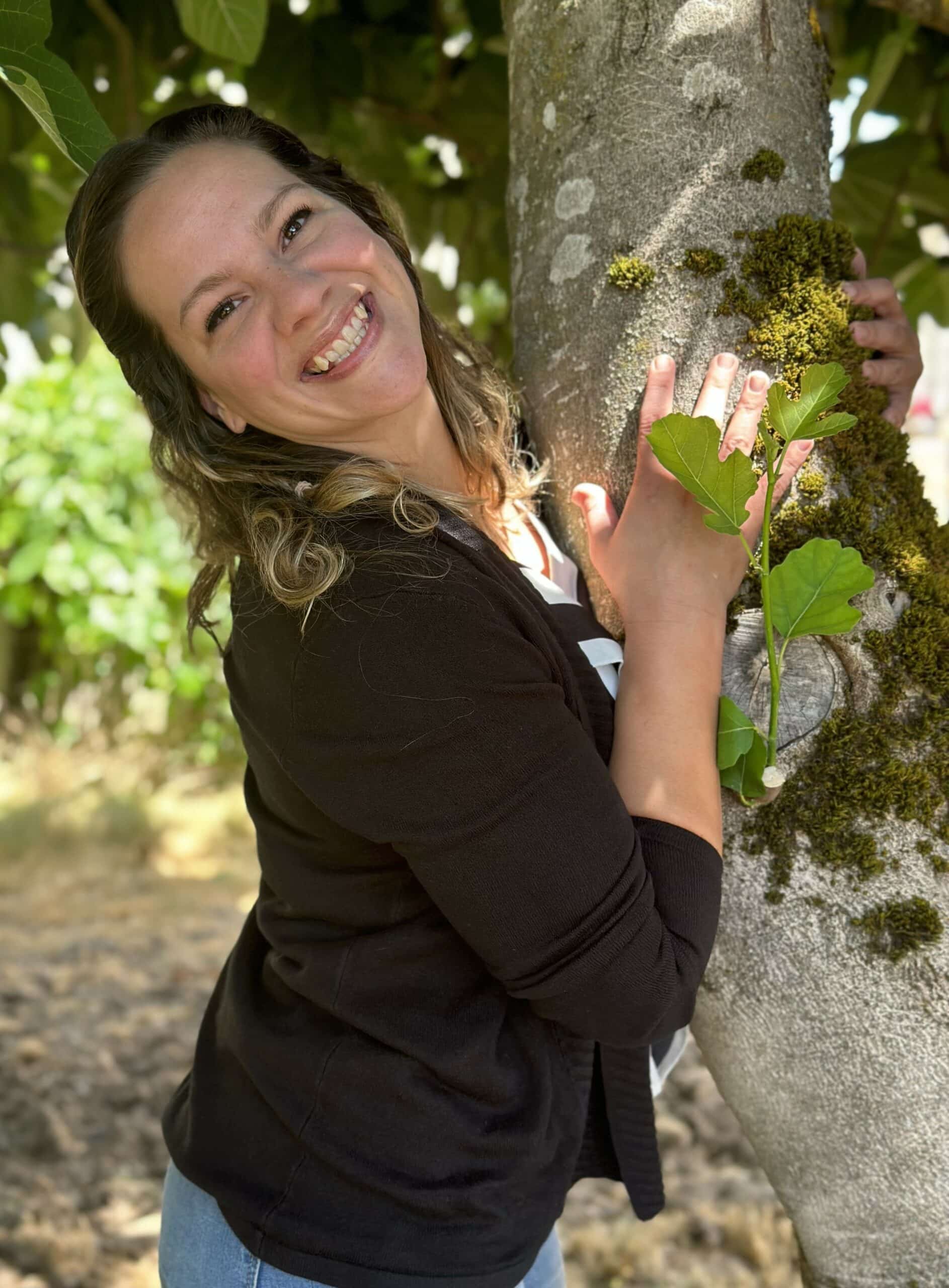
“Always up for a new challenge, and trusting his mentorship, I moved to the ag hub of Oregon’s Willamette Valley,” she says. “I fell in love. That’s when I really began to understand the people, terroir, and land that feeds the world. I couldn’t wait to tell others about it.”
She joined the seed industry in 2019 after listening to a radio interviewee that changed her whole career trajectory.
“He said that most of the world’s farmers can’t afford to feed their own families the food they produce. It really resonated with me,” Gillson says. “I wasn’t sure how at the time, but I knew that day I wanted to help the farmers that feed the world, to feed their families. Learning about the struggles that farmers face environmentally, economically, and with their mental health was the catalyst that eventually brought me to GO Seed.”
Now, working in marketing and sales at GO Seed, Gillson’s earned the title of the ‘Farm Whisperer’ after working with everyone from sixth generation producers operating thousands of acres to start up farmers with just a few acres and a dream.
“They both need someone who will listen to their individual farm’s problems and help them come up with the right seed solution to meet their goals,” she says. “Helping farmers understand the advantages of improved seed varieties, increasing their yields while reducing inputs, and making their farm more profitable is greatly rewarding. It’s an honor to have a farmer put their trust in you.”
Her advice to find success in the seed sector? Make sure you never stop learning.
“This isn’t an industry that can rest on its laurels. What may have worked 50, 25, or even five years ago isn’t necessarily going to work today,” Gillson says. “To succeed you must be able to challenge conventional ideas, research new solutions, and continue educating yourself and the farmers you support.”
Gabriel Flick
Gabriel Flick has spent most of his life on the farm — his father worked for Pioneer Hi-Bred and farmed 20 acres on the side. From a very young age, Flick knew all he wanted to do with his life was farm, but he wasn’t sure of the direction to get started.
After paying his way through college and spending a stint in the seed industry, he realized he needed more knowledge to help better serve growers. After earning his PhD, meeting his wife and moving home, he noticed a need for small-scale, full-service production to bridge the gap between home gardeners and medium to large-scale production companies.
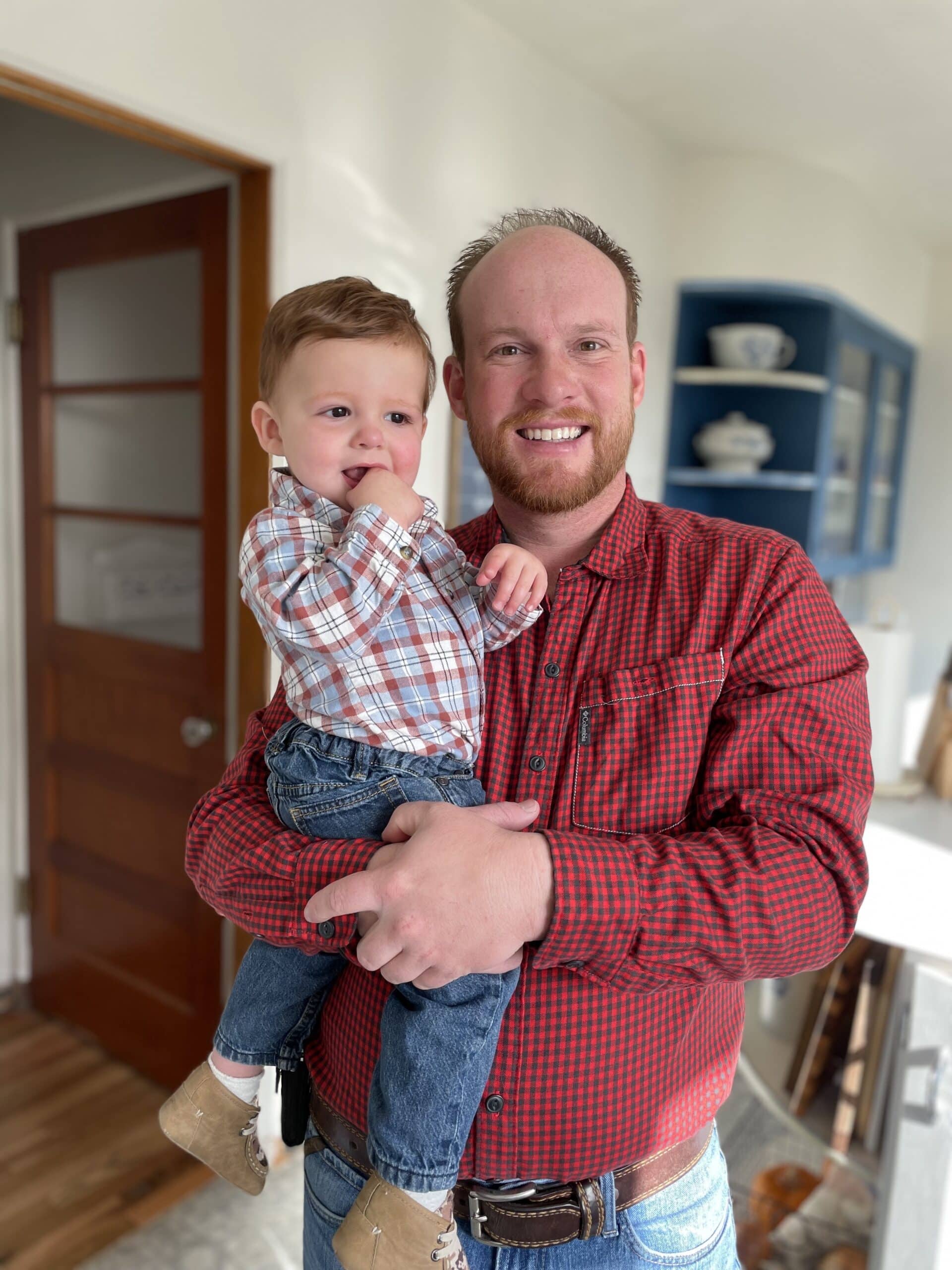
And just like that, Flick found his direction. Now, working alongside his father at Flick Farms LLC as the managing owner, Flick feels he can help cultivate growers’ knowledge in the field.
“A grower should have all the knowledge that you can give them about their crop and everything that affects it,” he says. “They are the boots on the ground day-to-day and, if armed with the most accurate information, they can make the best decisions about that crop. The better crop they raise, the easier it is to clean and market; everyone is successful. Ninety-nine percent of your problems can be solved in the field before [the crop] makes it to the warehouse.”
Advocating for farmers is one of the points that drives Flick’s passion for leadership.
“Often, growers get overlooked in the production equation even though they are the most important part,” he says. “I strive to build and run a business that really takes care of the growers and the community. We are blessed to be a blessing.”
His advice for growing connections and becoming a better leader? Work on your listening skills.
“Listen to people,” Flick says. “Never be one on whom anything is wasted; you never know when you’ll pick up a piece of knowledge that is valuable down the road.”
Stay tuned for part three!
Related Articles:
CSGA’s President on Why Digital Seed Tags are the Future


